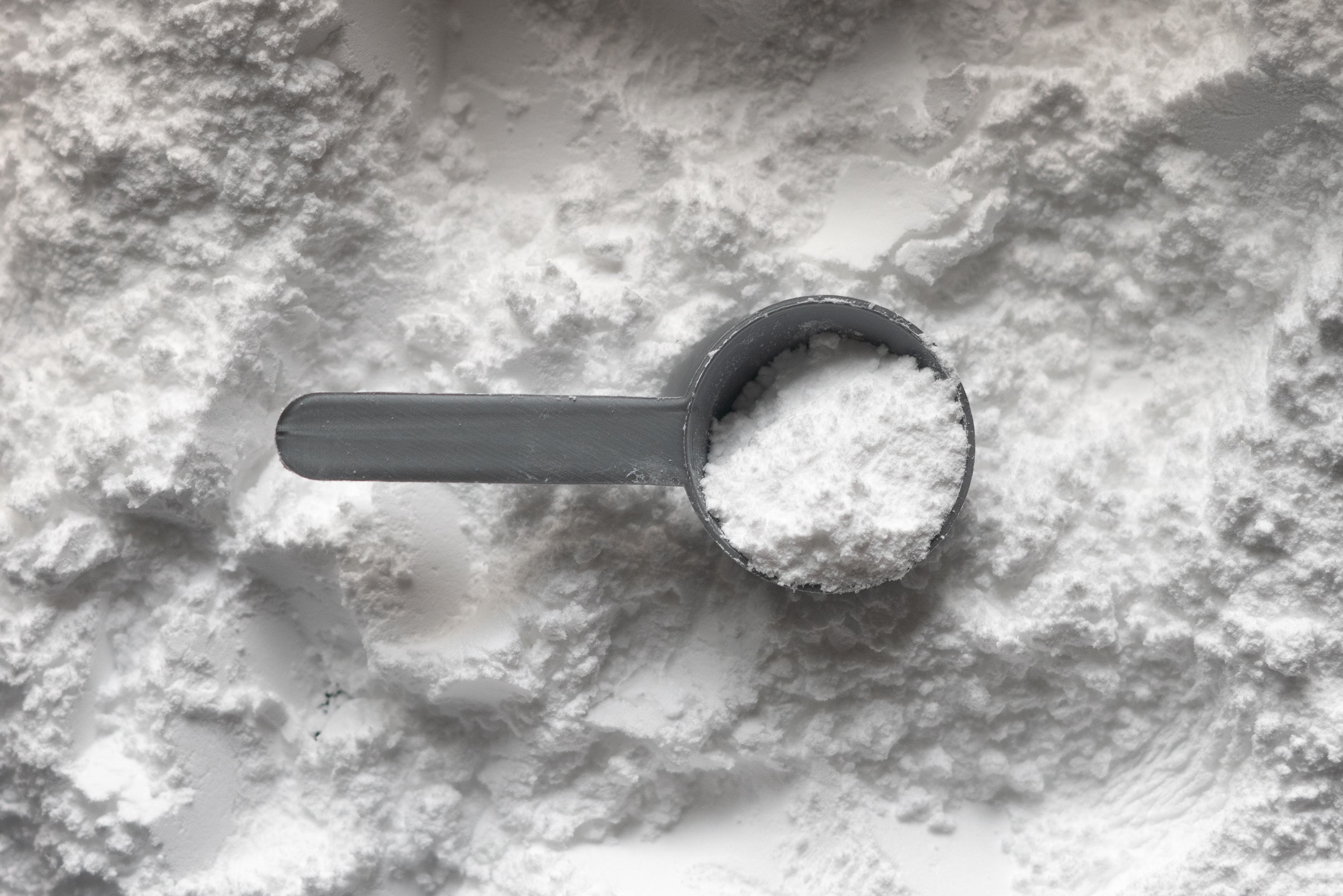Does Creatine Cause Hair Loss?
Creatine is a popular supplement among athletes and bodybuilders. Though it's generally considered safe, there is concern that it may cause hair loss. But does the research actually support this claim? We will examine the research to see what it actually shows and what is the likely cause of any hair loss.
So if you want to know if creatine cause hair loss, keep reading.
Creatine and Hair Loss Link
Recently, a patient of mine commented that they thought creatine might be causing their hair loss. I was surprised by this and decided to look into the research to see if there was any evidence to support this claim.
After investigating, I found that it is very unlikely that creatine causes hair loss. However, I understand that the details can be confusing. So let me present the evidence and you can decide for yourself. The recent study that led to this theory found that supplementing with creatine led to higher levels of DHT in the body.
DHT is a testosterone derivative and is thought to be the leading cause of hair loss in both males and females (known as androgenic alopecia). Since this study found a higher amount of DHT in those taking creatine, the concern about hair loss emerged. However, further research is needed to confirm this link. Here is a link to an important references on creatine and DHT.
Does Creatine Raise DHT?
Although the study's findings may be misleading, it is worth looking at the details. The study assessed college-aged male rugby players who were supplemented with creatine for 14 days total (25 grams for seven days, followed by five grams for seven additional days). There was a creatine group and a placebo group. The DHT levels in the creatine group rose 56% after the seven day loading period and remained 40% above the baseline levels of DHT. However, it is unclear if this was truly due to an increase in DHT levels, as the study only had 20 people total between the two groups. Additionally, the DHT levels in the creatine group started at 23% lower than the control or placebo group.
 It's possible that the increased DHT levels in the creatine group was due to an anomaly with one or two people in that group, or vice versa with the placebo group. For instance, maybe something was going on with the placebo group that caused their DHT levels to be higher at the start of the study, such as getting better sleep. Also, while the study was being conducted, the control group had a slight decrease in their DHT levels.
It's possible that the increased DHT levels in the creatine group was due to an anomaly with one or two people in that group, or vice versa with the placebo group. For instance, maybe something was going on with the placebo group that caused their DHT levels to be higher at the start of the study, such as getting better sleep. Also, while the study was being conducted, the control group had a slight decrease in their DHT levels.
These could explain the statistically significant increase in DHT in the creatine group. The small sample size, lower starting DHT levels in the creatine group, combined with the drop in DHT levels of the placebo group during the study, could account for it. If it had been a larger study with more people, such anomalies would be washed out. Because there were only 20 people in this study, the chances of such a coincidence occurring are much higher. It's also worth noting that this is the only study ever linking creatinine and DHT levels.
There is also the issue of exercise alone on androgenic hormones. Studies have shown that intense exercise can lead to an increase in androgenic hormones like testosterone levels and DHT.
The results of the study in question showed that the CRE group had higher DHT levels. However, it is difficult to determine the cause of this increase. The small sample size and coincidental starting parameters are likely to blame for this increase in DHT level rather than the creatine supplementation itself.
In addition, there are lots of studies on creatine demonstrating it's safety. Many studies looking at creatine supplementation have never found it leads to hair loss. It is also hard to believe that people would not have reported or noticed if it did.
Just taking the counter argument on that just for a second too. It may be that people aren't taking it long enough to actually see hair loss. You would need to have higher DHT levels for a sustained period (3 plus months) in order for it to create hair loss.
Creatine supplementation has been around for many years, and there is little evidence that it causes hair loss. In fact, most studies show that creatine does not increase DHT levels. So if you're worried about creatine causing hair loss, check your DHT levels before and after you start taking it. This will tell you for sure if it's a problem for you. Otherwise, it's probably not an issue and you don't need to worry about it.
That should give you a better understanding if creatine causes hair loss. If you have questions about the content in this article, please ask it in the comment section below.
If you want a customized plan on how to control your hair loss, click in the link below to get started.

















